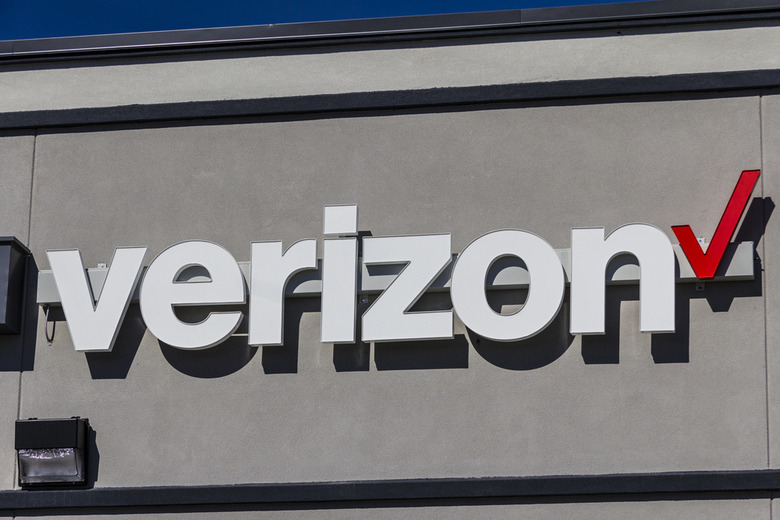Verizon Says Tax Cut Won't Increase Network Investment
Donald Trump's big tax cut bill was, according to the White House, supposed to drive investment and jobs in America. Cut corporate taxes, so the theory goes, and companies will be more willing to invest money in capital and infrastructure, creating jobs and boosting the economy.
But despite the very public pleading of some telecoms companies, it seems like the tax cuts might not be the driver of investment that the GOP promised. At an investment conference recently, Verizon CTO Hans Vestberg told attendees that the company doesn't plan to accelerate any of its investment thanks to tax cuts.
"You probably don't want to have big spikes in the capital allocation because then in the end it drives inefficiencies. We want to be consistent," Vestberg said in remarks found by Fierce Wireless. "From an execution point of view you want to be consistent."
"It's not helpful to go up and down in capital allocation because it ramps up and down resources—money wasted ... But we are always debating. And we should debate in a leadership team the size of Verizon."
Verizon has historically caught flack for its tax bill, which has consistently been far less than the nominal 35% corporate tax rate. When including public subsidies and excluding deferred taxes that have not been disbursed, Verizon actually took in $732 million from the IRS between 2007 and 2013. Verizon took issue with those numbers in a blog post published in 2016, in which it also complained that the US corporate tax rate was too high.
The biggest irony from Vestberg's comments, however, isn't just tied to taxation. 2017 was the best possible year for Verizon in terms of government: Taxes were slashed, net neutrality provisions were rolled back, and the new FCC demonstrated its commitment to light-touch regulation. Verizon has long said that oppressive taxes and stifling net neutrality regulations were the only thing stifling investment in its network, so if it's not going to increase investment at all after what's happened this year, what could possibly be left to change?
